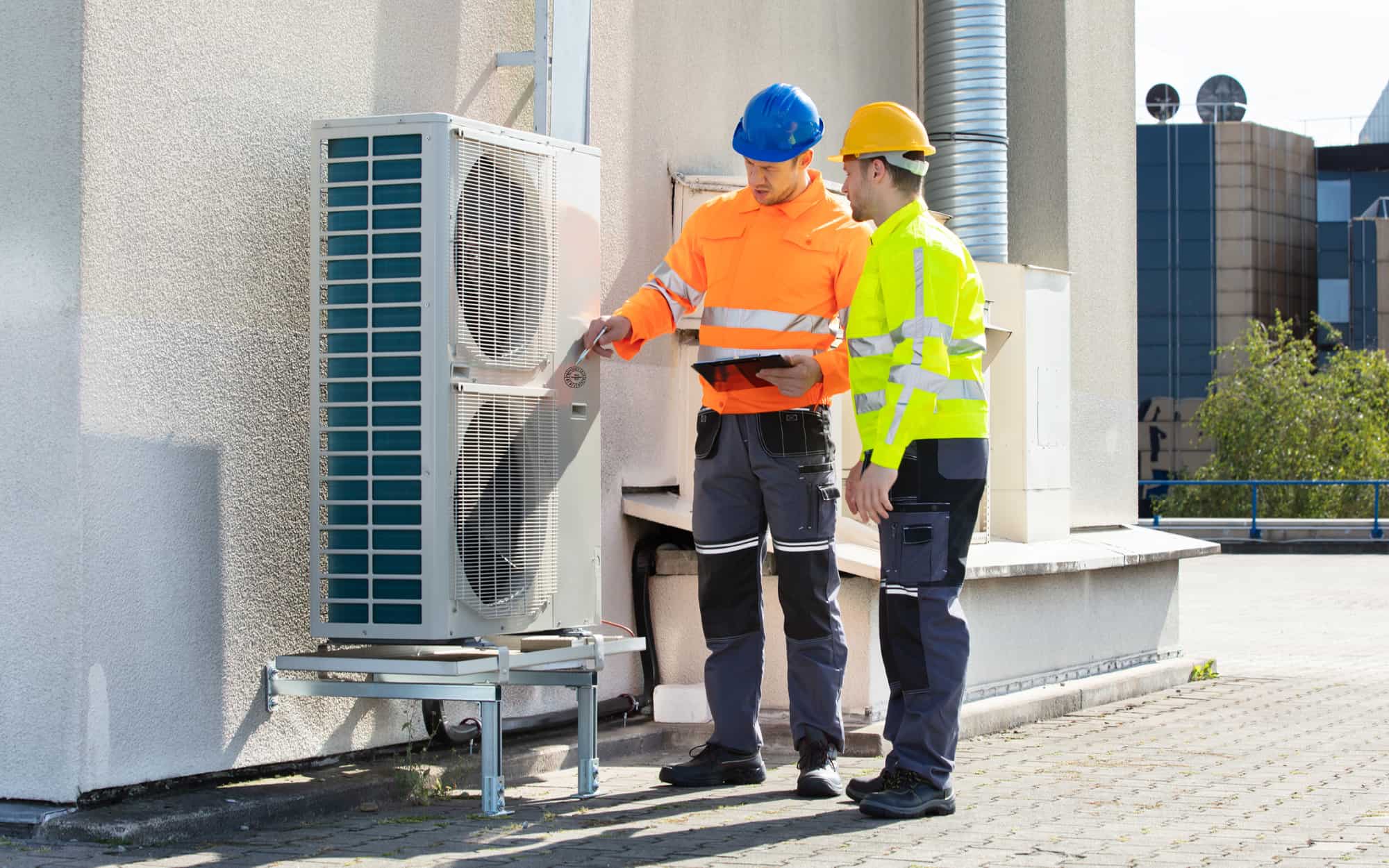When an HVAC system breaks down unexpectedly in a commercial setting, it can disrupt business operations and cause a lot of stress. From temperature-sensitive environments like restaurants and medical offices to general office spaces, businesses depend heavily on their HVAC systems to provide a comfortable and safe atmosphere. An emergency HVAC breakdown can have serious implications for productivity, customer comfort, and even safety. Therefore, knowing how to handle such situations efficiently is essential for every business owner and facility manager.
Assess The Situation
The first step in managing an HVAC emergency is to assess the situation calmly and quickly. Before panicking, try easy troubleshooting on the machine. Is the thermostat adjusted correctly? Tripped breaker or blown fuse? A thermostat adjustment or circuit breaker reset may fix the problem. However, if you have done these checks and the HVAC system is still unresponsive, it’s time to call in the professionals.
In cases where the HVAC system isn’t functioning at all, or there’s a noticeable loss of cooling or heating power, it’s important to take action immediately. When temperatures are too hot or cold, staff and customers might become uncomfortable, especially in retail, hospitality, and healthcare. Taking quick action can prevent more significant problems down the line, such as damage to equipment, goods, or even potential health risks for employees and clients.
Contact A Trusted HVAC Repair Company
Once you’ve assessed the situation and determined the need for professional help, contact a reputable emergency commercial HVAC repair near me immediately. Make sure the company you choose specializes in commercial HVAC systems and is available for emergency repairs. Many HVAC companies offer 24/7 emergency services to handle unexpected breakdowns, which is particularly important for businesses that cannot afford long downtime.
When contacting the repair company, provide them with as much detail as possible about the issue. This includes information such as when the problem started, the symptoms observed (e.g., lack of airflow, unusual noises, temperature fluctuations), and any troubleshooting steps you’ve already taken. Clear communication will help the technicians understand the problem better and prepare for a faster resolution when they arrive on-site.
Minimize Disruption
While waiting for the HVAC professionals to arrive, take steps to minimize disruption to your business. If possible, try to temporarily adjust the environment to maintain comfort. For instance, in warm conditions, you can use fans, open windows, or adjust blinds to provide some cooling. In cold conditions, providing space heaters in strategic areas can help maintain comfort while you wait for the repair crew to arrive. If the breakdown is severe and the temperature extremes are dangerous, consider temporarily closing the business until the repair is complete.
During this time, notify your staff and customers about the situation. Keeping everyone informed will manage expectations and reduce frustration. Transparency is key, especially when the comfort and safety of employees and customers are involved.
Prevent Future Emergencies
While emergency repairs can be inevitable at times, there are steps you can take to minimize the risk of unexpected breakdowns in the future. Regular maintenance is the cornerstone of HVAC reliability. Schedule routine HVAC inspections and servicing to ensure your system is always operating at peak efficiency. Preventive maintenance can address minor issues before they become costly and disruptive problems, ultimately extending the lifespan of your HVAC equipment.
A good preventive maintenance program includes cleaning and replacing filters, inspecting refrigerant levels, checking ductwork for leaks, cleaning coils, and testing thermostats and safety controls. Regular maintenance reduces repairs and energy costs and improves HVAC system efficiency and reliability.
Additionally, consider upgrading or replacing outdated systems. Older HVAC systems are less energy-efficient and more likely to break down, increasing operating costs. A more modern, energy-efficient system can provide better temperature control, reduce repair costs, and ensure comfort for your employees and customers.
Conclusion
Business continuity is threatened by an emergency HVAC malfunction. When it happens, it’s crucial to stay calm, assess the situation, and quickly contact a trusted HVAC repair company. While you wait for the experts, taking temporary steps to minimize discomfort can help reduce the impact of the breakdown. Once the issue is resolved, don’t forget to invest in regular maintenance to prevent future emergencies. A well-maintained HVAC system will not only enhance comfort and safety but also ensure the smooth and efficient operation of your business.

